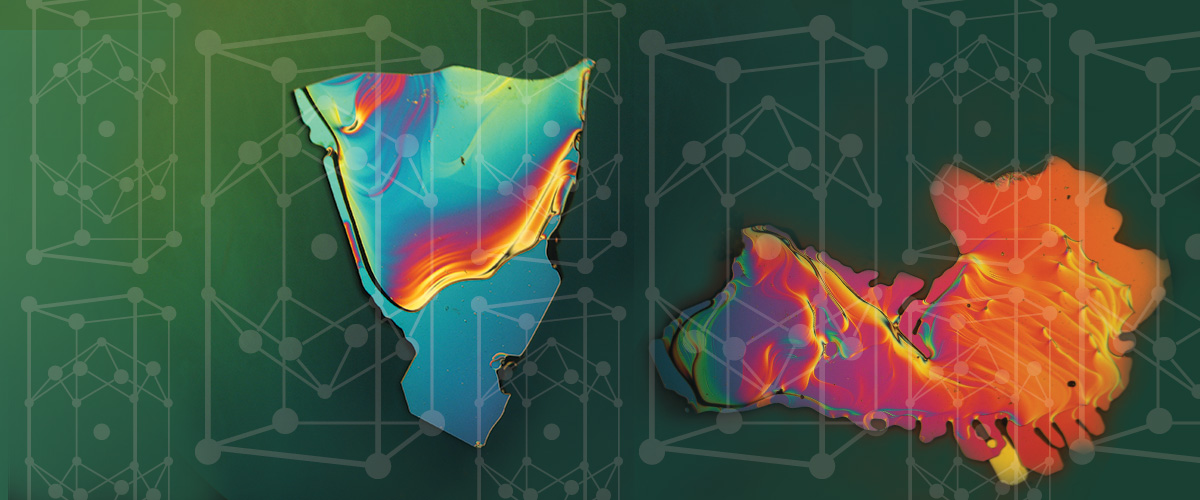Overview
At the core of research into crystalline inorganic materials is the search for new phenomena that extend humanity’s grasp of nature and produce transformative new technologies. For instance, semiconducting crystalline materials are the backbones of devices ranging from televisions to cell phones. These and other modern tools are underpinned by decades of intense scientific research that was directed towards understanding the fundamental behavior of electrons, which experience quantum environments that are unrecognizable from our large-scale point of view.
Our ambitions for science education, engineering, entrepreneurship, and fundamental discoveries in the 21st century are no less ambitious than those of the last century. In particular, the puzzles of anomalous correlated electron metals, high temperature superconductors, topologically protected electronic states, and materials synthesis by design are expected to herald the next generation of society transforming technologies.
With an emphasis on inducing and studying unconventional states of matter, the Baumbach Research Group addresses these challenges by tightly closing the feedback loop between materials synthesis and magnetic/electronic characterization. Amazingly, an electron experiences a completely new universe whenever it enters a new solid state system. Our goal is to understand what factors produce specific phenomena and how to use this information to design the next generation of materials for society.



